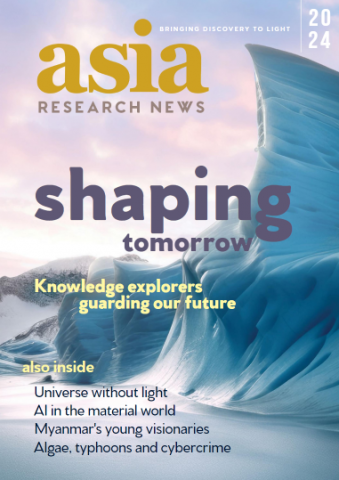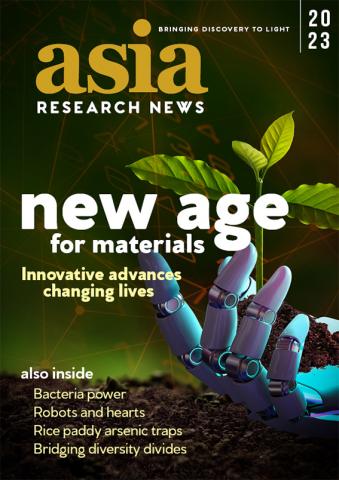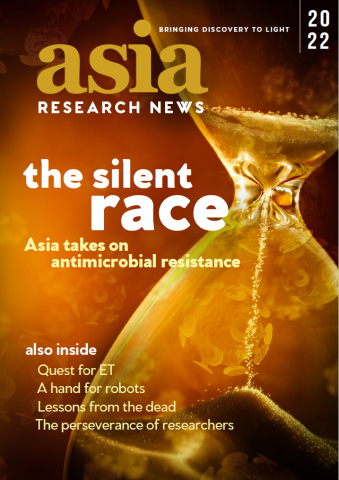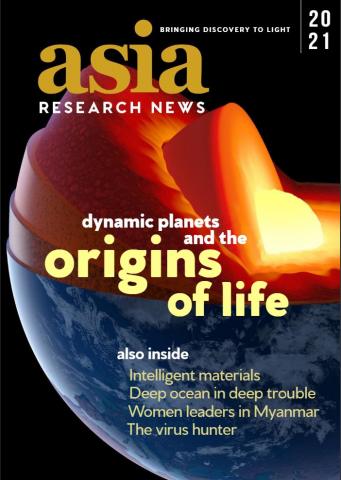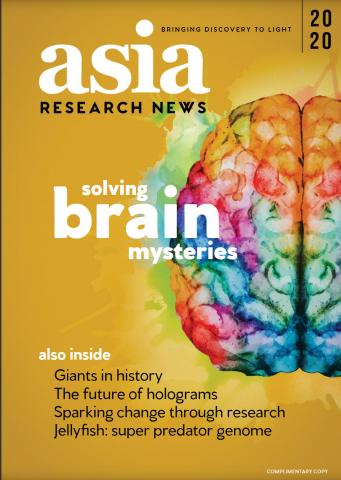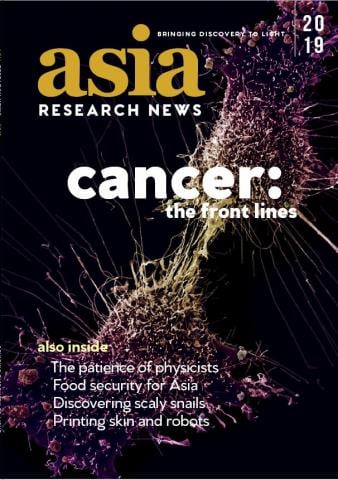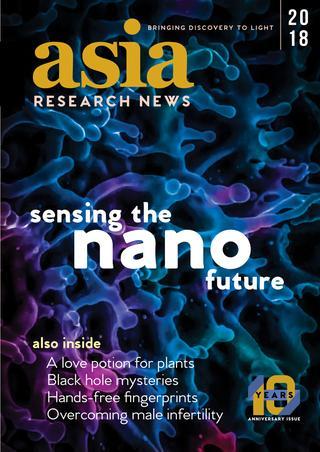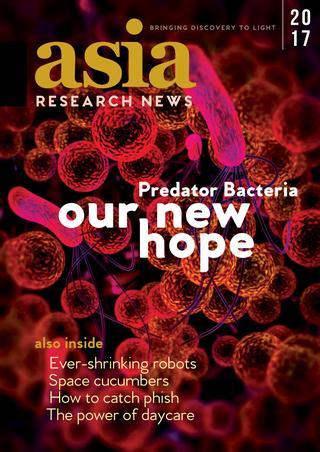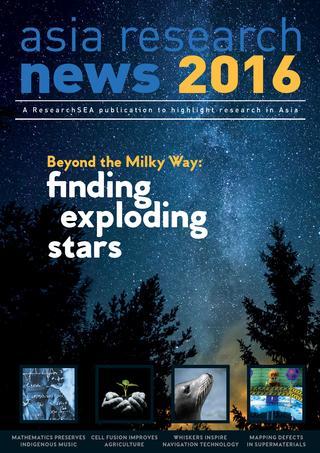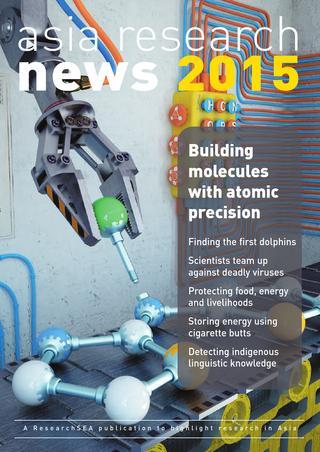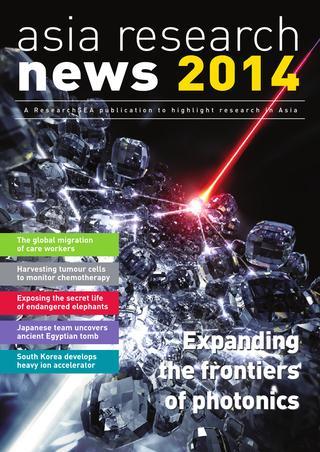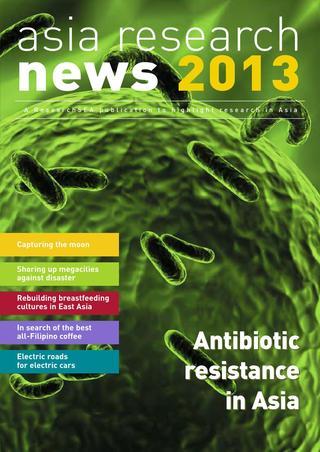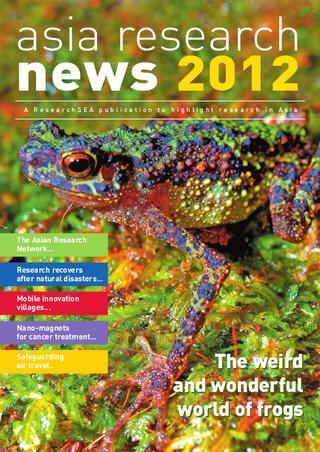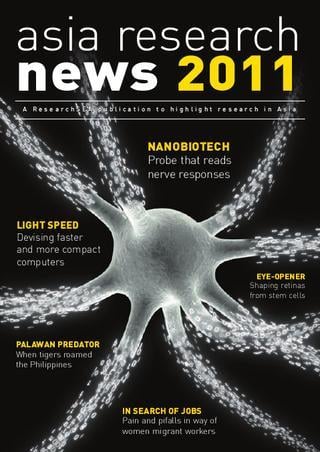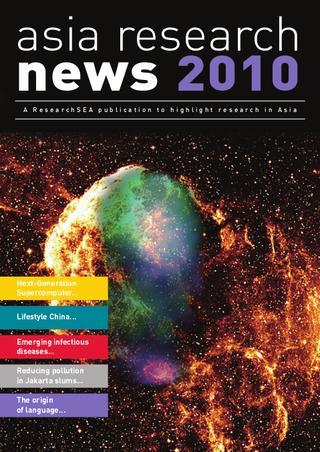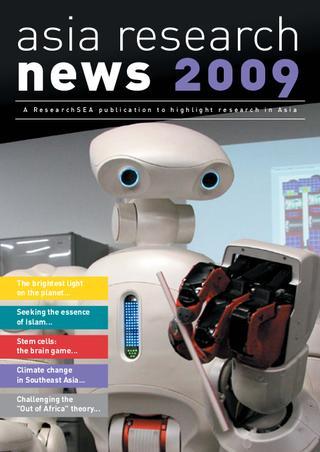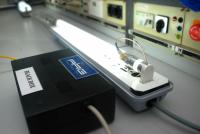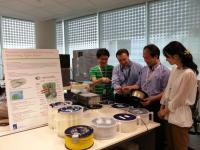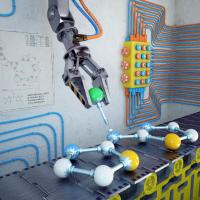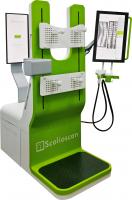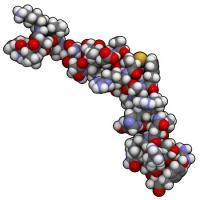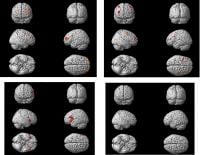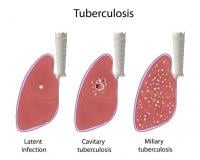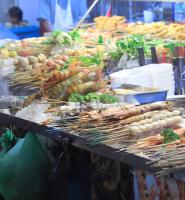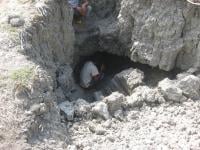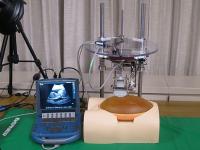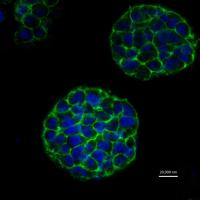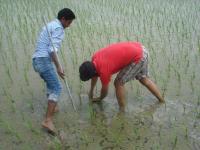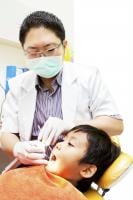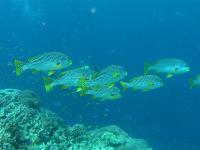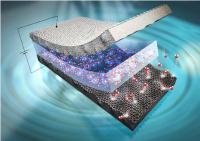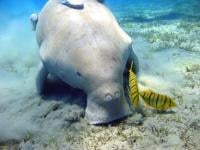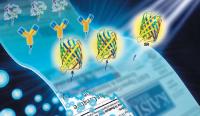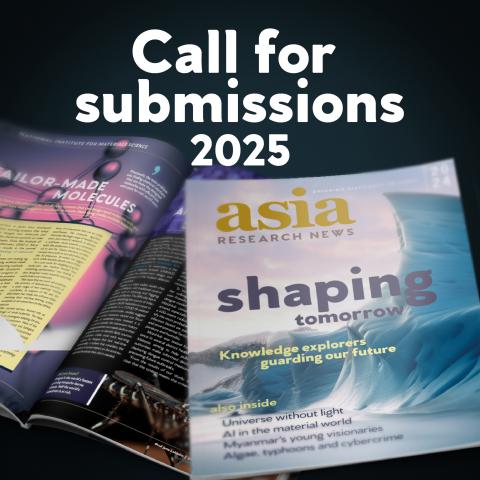2015
Read past issues:
2015 Magazine articles
New Wi-Fi antenna enhances wireless coverageUniversiti Teknologi MARA (UiTM)Researchers at Universiti Teknologi MARA in Malaysia have succeeded in using ionised gas in a common fluorescent light tube as an antenna for a Wi-Fi Internet router. |
|
Using carbon nanotubes to improve bio-oil refiningThe Agency for Science, Technology and Research (A*STAR)New catalyst structures based on multi-walled carbon nanotubes are set to make the refining of commodity chemicals and fuels from bio-oil more competitive. |
|
Manipulating cell membranes using nanotubesAsia Research NewsJapanese researchers have developed a targeted method for opening up cell membranes in order to deliver drugs to, or manipulate the genes of, individual cells. |
|
Too small to see: how safe is nanotechnology research in South-East Asia?University of MalayaResearchers in Malaysia are asking whether existing legal and regulatory frameworks in South-East Asia are robust enough to consider the safety issues surrounding the technology. |
|
Carbon nanotubes grown in combustion flamesInstitute of Transformative Bio-Molecules (WPI-ITbM), Nagoya UniversityAn international research team’s theoretical simulation of the synthesis of single-walled carbon nanotubes has revealed important details of the mechanisms at play. This could lead to better ways to control the production of carbon nanotubes. |
|
A lab in a fibreNanyang Technological UniversityResearchers in Singapore have developed fibre-based “optofluidic” sensors for measuring the properties of tiny amounts of fluid. The innovation increases the sensitivity of measurements and makes it less expensive for researchers and clinicians to study the properties of fluids.
|
|
Constructing complex molecules with atomic precisionZelinsky Institute of Organic Chemistry, Russian Academy of SciencesResearchers in Russia have developed a waste-free and cost-effective approach for preparing complex organic molecules and revealing the physical nature of the processes that control the direction of chemical transformations. |
|
The importance of community involvement for sustainable tourismUniversiti Malaysia SarawakResearchers in South-East Asia are studying how tourism policy and local community involvement impact the tourism industry. |
|
A radiation-free method for diagnosing scoliosis*The Hong Kong Polytechnic University (PolyU)Researchers in Hong Kong have developed new technology that enables safer and more frequent screenings for scoliosis. |
|
Managing the “Internet of Things”Asia Research NewsResearchers in Hong Kong have developed a software platform designed to manage and control devices for “Internet of Things” (IoT) systems. The platform can be tailored for everything from city management sensors and devices to controlling home appliances. |
|
Life-prolonging protein could inhibit ageing diseasesWaseda UniversityResearchers have found a molecule that plays a key link between dietary restriction and longevity in mammals. This discovery may lead to the development of new therapies to inhibit age-related diseases.
|
|
Changing activity in the ageing brainAsia Research NewsNormal ageing affects our ability to carry out complex cognitive tasks. But exactly how our brain functions change during this process is largely unknown. Now, researchers in Malaysia have demonstrated that ageing changes the activity patterns in specific brain regions involved in memory and cognition. |
|
Testing for tuberculosisUniversiti Putra Malaysia (UPM)Researchers in Malaysia and Iran have developed a simple diagnostic test to quickly and reliably detect tuberculosis in humans. |
|
Food barometer measures a population’s eating habitsTaylors universityA survey by Taylor’s-Toulouse University Centre (TTUC) is collecting data on the food habits of individuals and how their choices are related to modernisation and other social factors. Results show that almost 40% of all Malaysian meals are consumed outside the home – one of the highest dining out rates worldwide. |
|
Recharging in privateThe Agency for Science, Technology and Research (A*STAR)An electronic payment system developed in Singapore will protect the privacy of customers recharging their electric vehicles. |
|
Assessing the impacts of small-scale mining in eastern IndonesiaAsia Research NewsAustralian researchers are working with Indonesian government agencies and universities to assess the impacts of artisanal and small-scale mining in eastern Indonesia. |
|
A diagnostic robot for remote prenatal ultrasound examsWaseda UniversityA Japanese researcher is developing a robot that can conduct prenatal ultrasound exams on pregnant women in remote locations. |
|
Understanding cancer onsetUniversity of MalayaResearchers in Malaysia have analysed the genomes of people with a rare genetic disorder to better understand their predisposition to cancer across generations. |
|
Diagnostic gamma camera to help locate breast cancer lesionsUniversiti Putra Malaysia (UPM)A prototype camera, which uses gamma ray detection to pinpoint breast cancer lesions in three dimensions, promises to extend the useful life of two-dimensional nuclear imaging devices in developing countries. |
|
3D printer generates realistic model of a cancerous tumourIOP PublishingAn international scientific team has successfully created a three-dimensional model of a cancerous tumour using a 3D printer. Their model could ultimately help discover new drugs and cast new light on how tumours develop, grow and spread. |
|
Protecting food, energy and livelihoods in PunjabInternational Development Research Centre (IDRC)Researchers are working with Punjabi farmers to test innovations that will reduce pressure on overused aquifers.
|
|
Enhancing the productivity of yarn makers*The Hong Kong Polytechnic University (PolyU)Researchers in Hong Kong have developed a new yarn manufacturing technology that can increase productivity with less energy consumption.
|
|
Ozone antiseptic shows potential for treating severe gum infectionsAsia Research NewsA powerful new antiseptic agent, called ozone nanobubble water, holds promise for the treatment of periodontitis, or severe gum infections, according to research published in the journal Science and Technology of Advanced Materials. |
|
Mapping Singapore’s urban heat island phenomenonThe Agency for Science, Technology and Research (A*STAR)Researchers in Singapore are developing a microclimatic modelling tool to prevent further deterioration of the country’s urban heat island phenomenon. |
|
Philippines creates marine biodiversity databaseUniversity of the Philippines DilimanThe world’s epicentre of marine biodiversity is under threat. Researchers in the Philippines are developing a marine biodiversity database to help identify local hotspots requiring urgent management. |
|
Artificial muscles get graphene boost*Korea Advanced Institute of Science and Technology (KAIST)Researchers in South Korea have developed an electrode consisting of a single-atom-thick layer of carbon to help make more durable artificial muscles. |
|
Female immune response could hold key to new cancer therapiesUniversity of the Philippines DilimanAn understanding of natural immune suppression mechanisms in the female reproductive tract could lead to new ways to combat cancer. |
|
Rapid action necessary to protect Malaysia’s sea cows and their habitatUniversity of MalayaMalaysia aims to protect 10% of its marine environment by 2020. Less than 1%, however, is currently protected. This may have dire consequences for the country’s endangered dugong population, warn a Malaysian scientist and her research team. |
|
Mapping lunar landscapes in panorama*The Hong Kong Polytechnic University (PolyU)A rugged camera technology developed by researchers in Hong Kong and China successfully captured 360 degree panoramic views of the moon during China’s first lunar landing in 2013. |
|
Biomedical sensors for disease detection made simple*Korea Advanced Institute of Science and Technology (KAIST)Researchers in Korea have succeeded in making a new protein detection platform using low-cost plastic and paper substrates. Their work could help reduce the cost and improve the accuracy of infectious disease diagnosis. |


